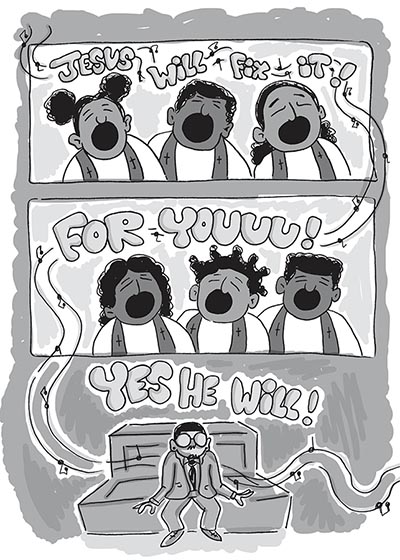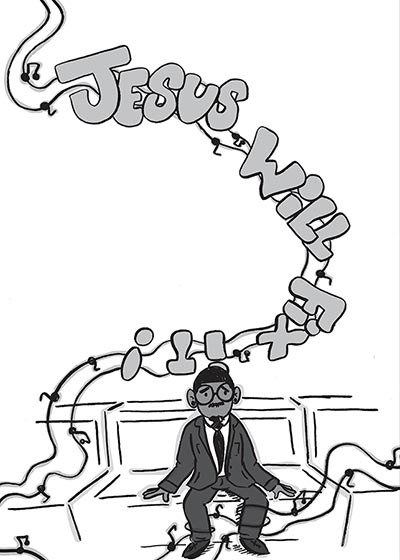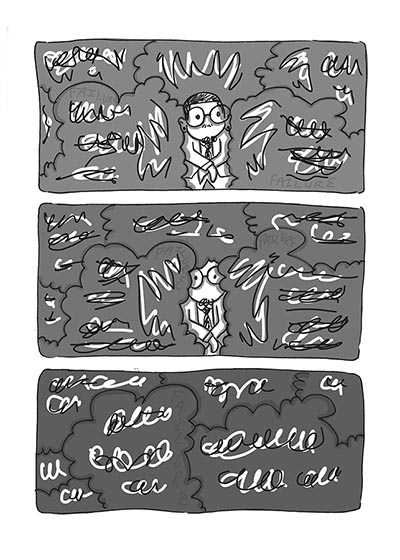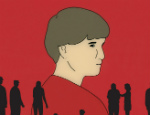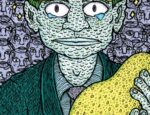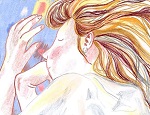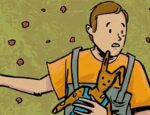There may be an easy way of paraphrasing Lawrence Lindell’s new book. Here goes one attempt: Things may sometimes be hard, but we should remind ourselves that there are always things to be thankful for. Even the title, We All Got Something, can work as a synopsis. To describe it as just this, however, would be a mistake because it ignores the hard-won profundity with which this message is shared.
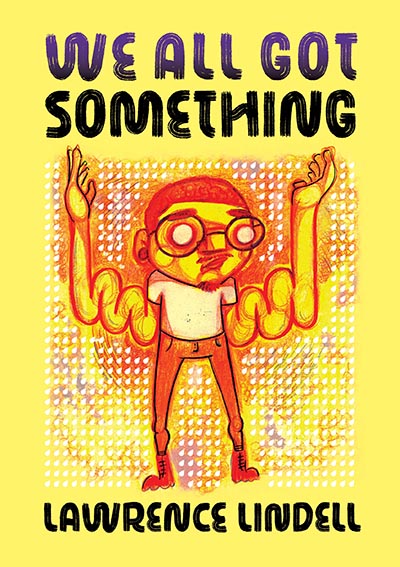
Here’s a slightly longer premise: Our protagonist Lawrence has tried to make something of his personal and professional life in another country and has failed on both fronts. His romantic life is in disarray. He is back in his hometown of Compton, California, where he struggles to reconcile his recent life as an independent artist with an income, to now living under the same roof as his mother and aunt. It is not what one would call a happy home. Single, broke, and drifting without a sense of direction, he must come to terms with his changed circumstances and then find it within himself to pick up the pieces and start all over again.
One of the things Lindell does so well, as proven by his Eisner-nominated novel Blackward, is pack a lot of information into as few panels as possible. Even the minimal lines that go into depicting Lawrence sitting on his mother’s porch or sitting at the dinner table, for example, evoke the sense of alienation he is going through while seemingly on home turf. His interactions with colleagues after he finds a job are terse but also reveal the dynamics that come into play when someone manages to break out of home’s narrow confines and make it in the wider world. What was once comfortable and familiar suddenly starts to seem small-minded by comparison. There are undercurrents and he taps into them.
At the heart of this story is an unravelling prompted by an act of violence. As it spins out, Lindell documents not just the impact on a young man of colour, but on the lack of resources and systemic failure that an entire generation must find a way of dealing with. Lawrence’s journey to selfhood and recovery begins with acceptance of his condition, the reality of his mental health, and belief in art’s ability to offer salvation.
Another thing that makes We All Got Something so nuanced is the way Lindell hints at depths that lie beneath his protagonist’s exterior. The art contrasts powerfully with the knowledge that life is hard and often makes great demands of us. What eventually saves Lawrence isn’t just work or belief in himself, but the realization that other human beings also contribute to his well-being if he can learn how to reach out. It is the act of creation, coupled with the fact that he meets someone new who accepts him for who he is, that gently nudges him towards his road to recovery.
If Blackward was about belonging and the importance of community, this graphic novella explores the same space with fewer characters. It serves as a reminder that we need more artists to focus on those who stand outside the margins: outsiders who have stories just as compelling as everyone else’s.
Lawrence Lindell (W/A) • Drawn & Quarterly, $21.95
Review by Lindsay Pereira





